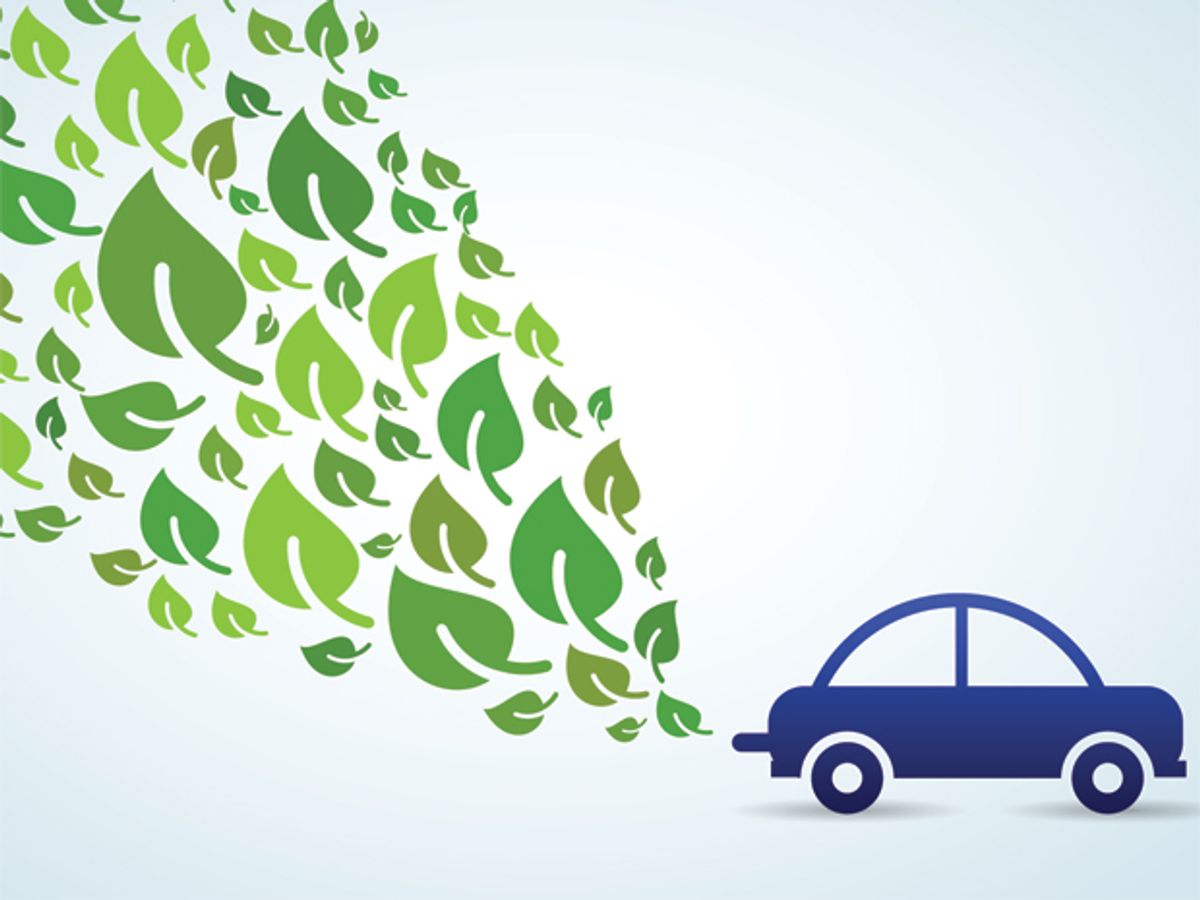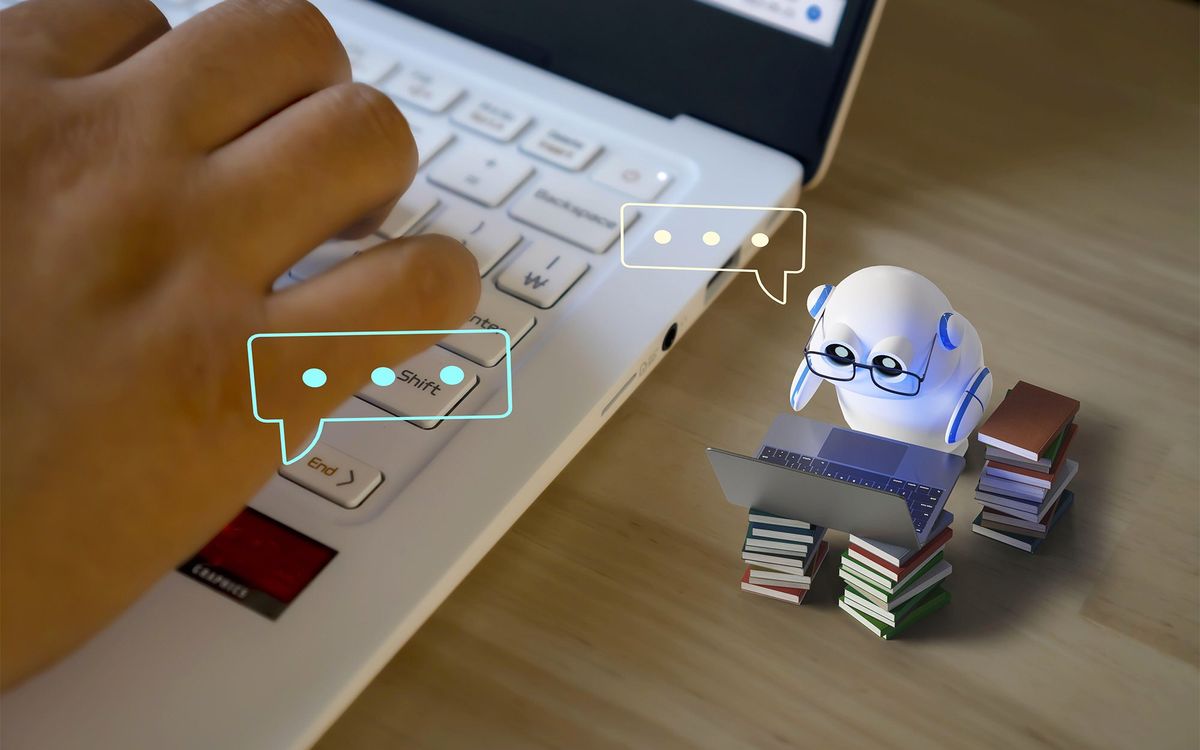Much has been made of smart cars’ potential to dramatically reduce the millions of automobile collisions that occur each year and the tens of thousands of fatalities that result from these crashes. But collision avoidance is only one of the benefits that giving cars bigger brains will yield. According to a report released on 28 August by the Intelligent Transportation Society of America, giving vehicles the ability to talk to each other and to roadside equipment could save 420 million barrels of oil over 10 years. Not burning that petroleum, says the report, will prevent roughly 70 million metric tons of carbon dioxide from being released into the atmosphere. Additional enhancements to traffic infrastructure—say, coordinating traffic lights so drivers don’t have to stop and start at each intersection, or delivering information that lets drivers steer clear of traffic jams—could save an additional 117 million barrels over that same period.
In a press release announcing the report Jill Ingrassia, head of the Automobile Association of America’s division that focuses on traffic safety, said:
Many of the technologies highlighted in the report offer a rare "win-win" opportunity for the motoring public. They can reduce fuel consumption and CO2 emissions without asking drivers to sacrifice their family vacations, change their daily commutes, or pay premiums at the pump. Investment in these kinds of technologies has the potential to save consumers both time and money, while improving mobility and allowing for the safe and efficient use of the nation's transportation infrastructure.
The report's projections are not based just on wishful thinking. The Smithsonian Institution in Washington, D.C., outfitted the 1,500 vehicles in its fleet with GPS tracking devices and Internet connections. The Smithsonian found that by using the technology to stay on top of vehicle maintenance and to alert drivers of better routes, they were able to cut the fleet’s fuel consumption by more than half.
Good as the possibilities seem, a threat looms in the world’s largest automobile market. An article in The Hill notes that the U.S. Federal Communications Commission is considering giving Wi-Fi devices access to the frequency band being eyed for vehicle-to-vehicle (V2V) and vehicle-to-infrastructure (V2I) communications. Proponents of technology for letting cars talk to each other and to their surroundings say a blizzard of signals from laptops, mobile phones, and an array of other gadgets may interrupt these important conversations.
But the FCC may be forced to change its tack now that the National Highway Traffic Safety Administration (NHTSA) has issued an advance notice of proposed rulemaking that may be the start of requiring all new light vehicles to be capable of V2V. New NHTSA standards likely to contain V2V and V2I rules are expected by 2016.
Willie Jones is an associate editor at IEEE Spectrum. In addition to editing and planning daily coverage, he manages several of Spectrum's newsletters and contributes regularly to the monthly Big Picture section that appears in the print edition.



